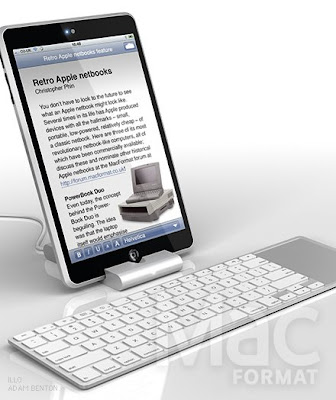...does the Kindle form part of Murdoch's digital content masterplan? Apparently not.
"I can assure you, we will not be sending our content rights to the fine people who created the Kindle," he said. "We will control the prices for our content, and we will control the relationship with our customers."
So who is News Corp talking to about an ebook reader? There are a dozen or so products on the market. Kindle has been most successful in bringing newspaper publishers on board but its electronic paper competitors include the Sony Reader, the older iRex iLiad and Fujitsu's FELPia. The latter is colour too – a major advantage over its monochrome Amazon rival.
They would be looking at a subscription-based service on an existing reader or, though more unlikely, their own branded reader. That would be more costly and wouldn't make much sense for the consumer unless it could be opened to other content providers – and could we see News Corp setting itself up with an "open platform" publishing model, a la Facebook and Apple?
From The Guardian.
The battle of the e-readers is setting up to look like the online service wars of the mid nineties: CompuServe, AOL, Prodigy, Minitel et al etc. What happened next: the web. So when Murdoch says: "The current days of the internet will soon be over," we should all wonder what's about to happen next.
